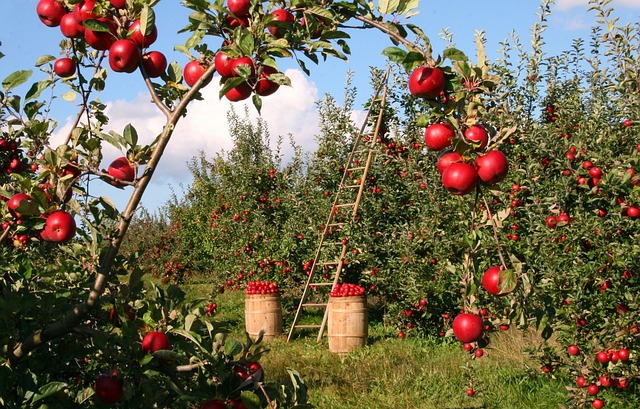Probiotic Powerhouses: Discovering the Best Foods to Boost Your Gut Health
An increasing number of people are becoming aware of the importance of gut health and its impact on overall well-being. A healthy gut not only aids in digestion but also supports a strong immune system and contributes to mental health. One way to improve and maintain a healthy gut is by incorporating probiotics into your diet.
What Are Probiotics?
Probiotics are live bacteria and yeasts that are beneficial for your digestive system. These microorganisms help balance the natural bacteria in your gut and promote a healthy gastrointestinal tract. They can be found in various foods and supplements.
Benefits of Probiotics
Consuming probiotics can have numerous health benefits. Here are some of the most notable advantages:
- Improved Digestion: Probiotics aid in the breakdown and absorption of nutrients, ensuring optimal digestion.
- Enhanced Immune Function: A significant portion of the immune system resides in the gut. Probiotics help support the immune system and protect against harmful bacteria.
- Reduced Inflammation: Many chronic health issues are linked to inflammation. Probiotics can help reduce inflammation in the gut and throughout the body.
- Better Mental Health: There is emerging evidence suggesting a link between the gut and the brain. Probiotics may positively impact mental health by influencing neurotransmitter production.
- Healthy Weight Management: Certain strains of probiotics are associated with weight loss and maintaining a healthy weight.
Top Probiotic Foods
If you’re looking to introduce more probiotics into your diet, here are some of the best food sources:
1. Yogurt
Yogurt is one of the most well-known probiotic-rich foods. Look for yogurt labeled as containing live and active cultures. Greek yogurt, in particular, tends to have higher probiotic content.
2. Kefir
Kefir is a fermented milk drink that is packed with probiotics. It is slightly tangy and makes an excellent base for smoothies or can be enjoyed on its own.
3. Sauerkraut
Sauerkraut is made from fermented cabbage and is a great source of probiotics. Be sure to choose the unpasteurized variety, as pasteurization kills the beneficial bacteria.
4. Kimchi
Kimchi, a traditional Korean side dish, is fermented cabbage combined with various seasonings. It is not only a probiotic powerhouse but also rich in vitamins and minerals.
5. Kombucha
Kombucha is a fermented tea drink that contains a variety of probiotics. It is a refreshing and fizzy alternative to sugary beverages.
6. Miso
Miso is a traditional Japanese seasoning made from fermented soybeans. It adds a unique umami flavor to soups, marinades, and dressings while providing beneficial probiotics.
7. Tempeh
Tempeh is a fermented soy product with a nutty flavor and firm texture. It is an excellent source of probiotics, protein, and other essential nutrients.
Supplementing with Probiotics
In addition to incorporating probiotic-rich foods into your diet, you may also consider taking a probiotic supplement. These supplements come in various forms, including capsules, tablets, and powders.
When choosing a probiotic supplement, look for one that contains multiple strains of bacteria and a high number of colony-forming units (CFUs). CFUs indicate the number of viable bacteria in each dosage.
Conclusion
Maintaining a healthy gut is essential for overall well-being, and probiotics play a significant role in promoting good gut health. By adding







